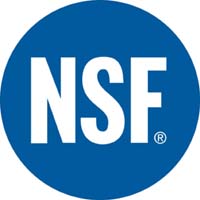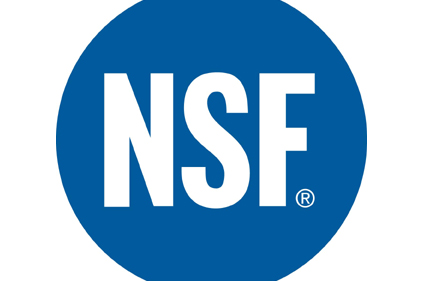NSF International has launched a new Building Water Systems Hazard Analysis and Critical Control Point (HACCP) training program for water systems professionals. The training will help safeguard against microbial, chemical and physical hazards associated with premise plumbing, cooling towers and other water systems in buildings.

|
Training courses will be held in multiple cities across the U.S. Facility managers, water treatment, distribution and plumbing engineers, and occupational safety professionals can register here.
Every year, tens of thousands of preventable injuries and deaths are caused by exposure to microbial, chemical and physical hazards from building water systems. Although municipal water is treated and distributed in accordance with U.S. Environmental Protection Agency (EPA) regulations and is safe for its intended use, microorganisms can enter plumbing systems, attach to the inside surfaces of pipes and equipment to form a biofilm and grow to much greater numbers. Potentially pathogenic microorganisms can then be released into the environment as infectious particles that can pose a threat to human health.
Benefits of HACCP training
Applying HACCP principles to building water systems enables water systems professionals to prevent contamination from pathogenic microorganisms and other chemical and physical hazards by providing a framework for identifying potential hazards and specifying measures for control that ensure the safety of a building’s water supply.
“The application of HACCP to building water safety is invaluable for protecting the overall health, safety and well-being of the public. Such programs have proven effective for controlling the growth and dispersal of harmful pathogens and this training program will equip water systems professionals with the knowledge they need to apply these principles to their own building water systems,” said Clif McLellan, vice president of NSF International’s Water Division.
The NSF HACCP for Building Water Systems training courses will be taught by William F. McCoy, Ph.D. and Aaron A. Rosenblatt, water systems experts with more than 69 years of combined industry experience.
For more information, upcoming dates and locations, visit here.

